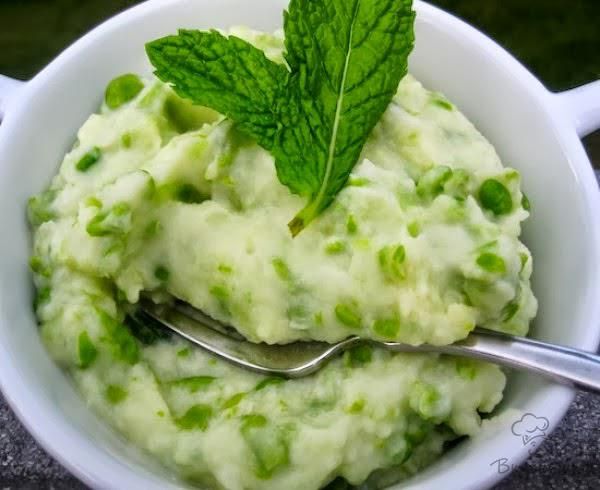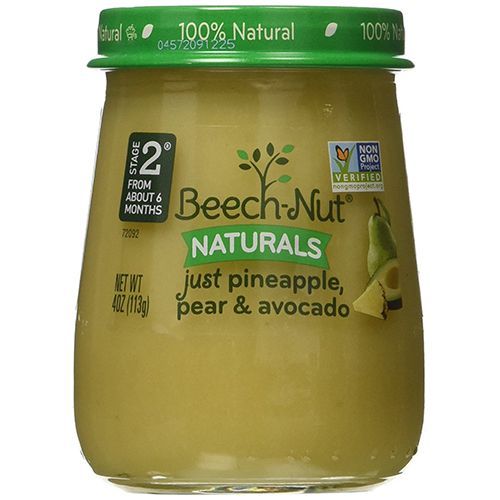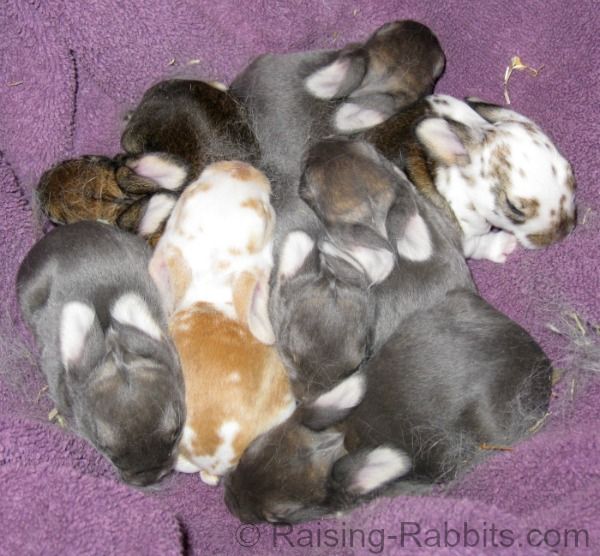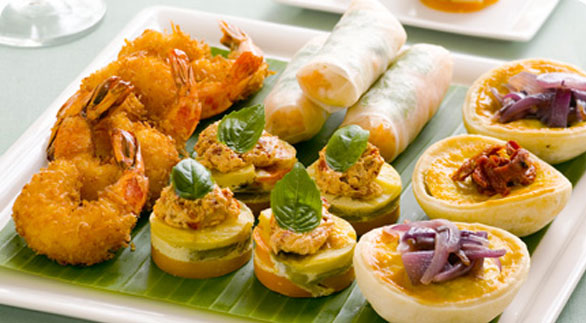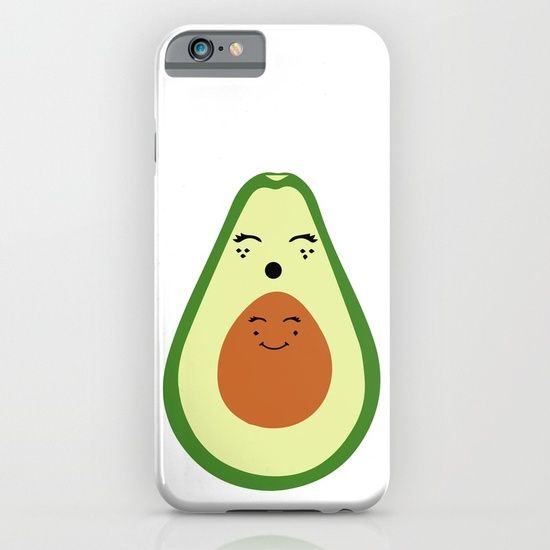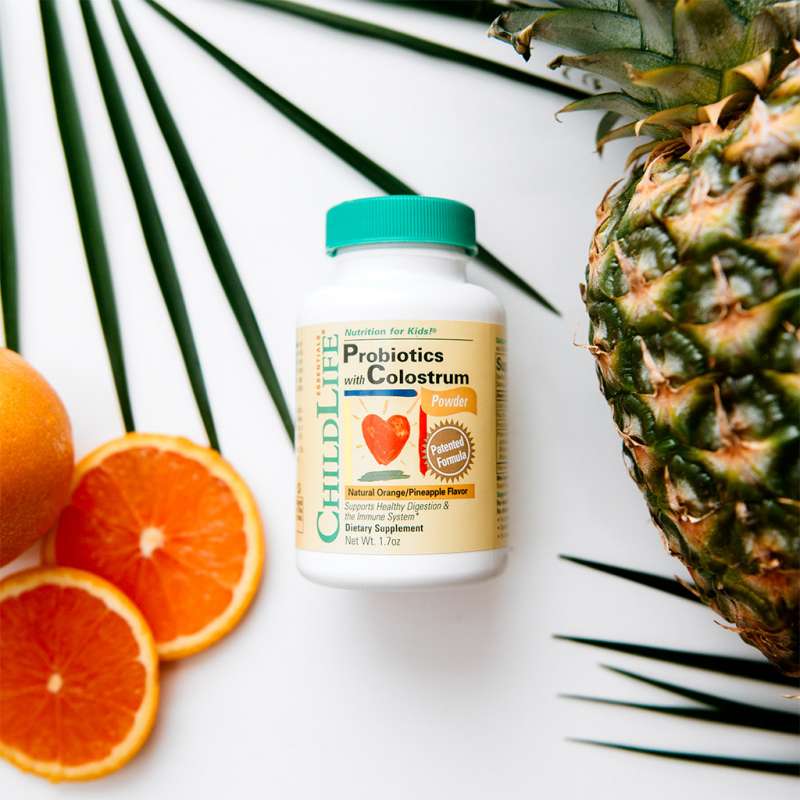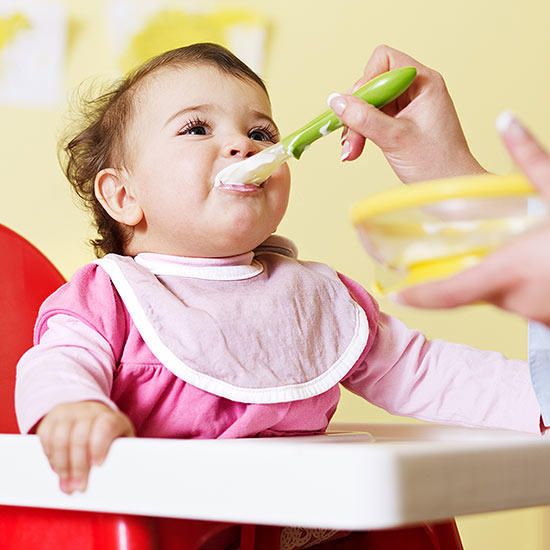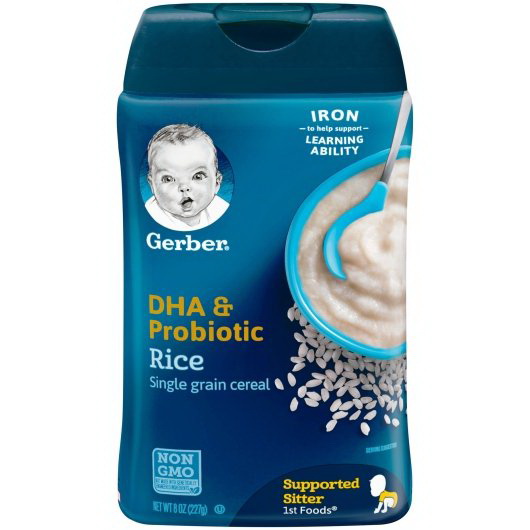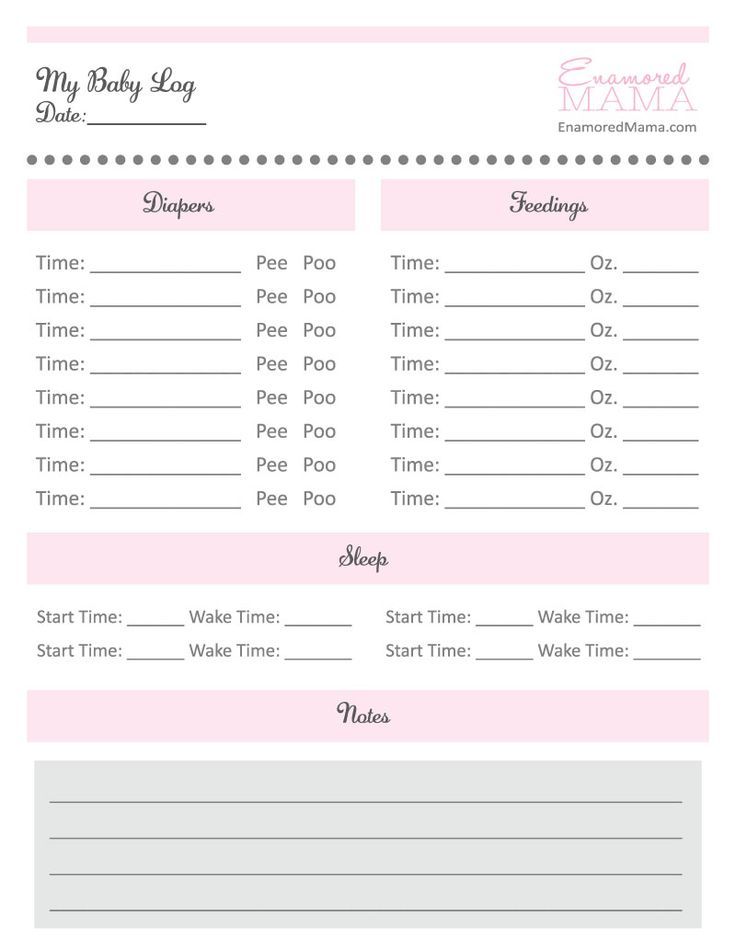Baby food recipes with peas
Pea Baby Puree (4-6+ Months/Stage 1)
This Pea Baby Puree with mint is a smooth and mild baby food puree that is perfect for your baby’s first bite! Your baby will love this green puree thanks to its fresh and earthy flavor. It’s a great stage 1 baby food for 4-6 months and up.
Medically reviewed and co-written by Jamie Johnson, Registered Dietitian Nutritionist (RDN), and Lauren Braaten, Pediatric Occupational Therapist (OT).
Homemade Pea Baby Food
Don’t get caught up on what you think pea baby food is going to taste like.
Store-bought brands can be thick and lumpy with a strong acidic taste of overly cooked peas. Don’t even get me started on the smell! 🤢
But this homemade pea puree is exactly the opposite! And trust me; it tastes nothing like you expect.
I’m telling you… this pea baby food is beyond delicious. It’s heavenly!
Smooth and creamy with a mild taste and a hint of minty freshness, it’s also bright and appetizing to look at.
It will actually put a smile on your and your baby’s faces! 😁
Is it your first time making homemade baby food? Then I suggest you start this journey by reading my in-depth Guide on How to Make Homemade Baby Food. The detailed guide goes over all the important information such as the best cooking tools to have on hand, safe storage, how to know when baby is ready for solids, how to introduce purees, the best first foods for baby, and more! You can also check out my best-selling cookbook for even more information and recipes!
Pea Baby Puree Video
Watch this video to see just how easy this Pea Baby Puree is to make!
Reasons to Love this Pea Baby Puree- great baby food for 4-6+ months
- starter puree
- 3 simple ingredients
- super smooth and creamy
- delicious green puree
- easy to make — requires less than 10 minutes
- freezer-friendly
- budget-friendly
- homemade
- healthy
- organic – can easily (and cheaply) use organic peas and zucchini
- can use fresh or frozen peas
Make sure to read the recipe card below for the full ingredient list and instructions!
- Peas: They are high in fiber, folate, vitamins A, C, and K, and are a good source of protein.
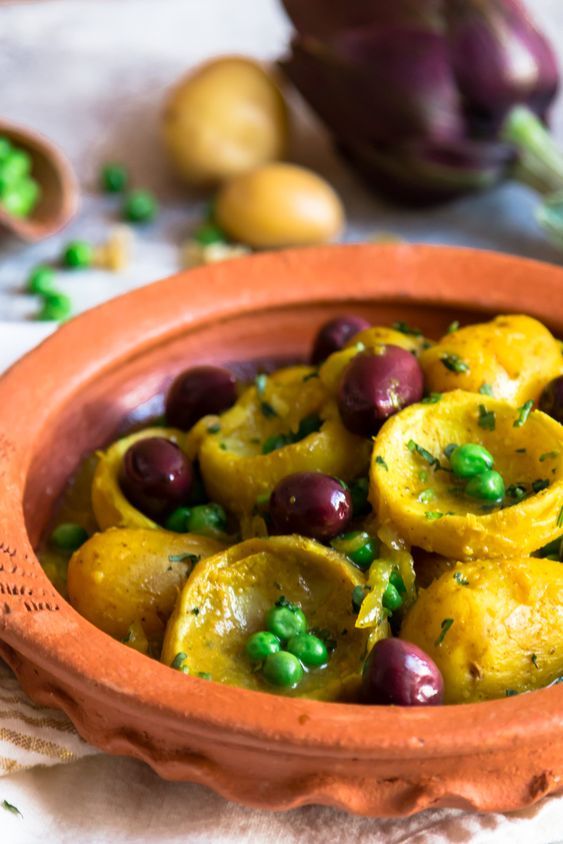 They also help promote healthy digestion and may protect against cancer.
They also help promote healthy digestion and may protect against cancer. - Zucchini: While this is a 2-vegetable starter puree, zucchini allergies are very low, so I added it to this recipe to give the peas a mild taste and a smoother, creamier texture. You can completely leave it out if you prefer. Just steam the peas as directed below.
- Mint: This is an ideal herb to add to baby food because it helps soothe an upset stomach, improves digestion, can help improve mental awareness and focus, and is rich in nutrients. However, adding mint to this puree is entirely optional.
- A good source of protein
- Contains a high amount of fiber, which helps with digestion
- Contains an array of micronutrients, such as thiamine, folate, manganese, vitamins K and C
- A good source of antioxidants
Frequently Asked Questions
When can babies eat peas?
development, which generally comes between 4-6 months of age.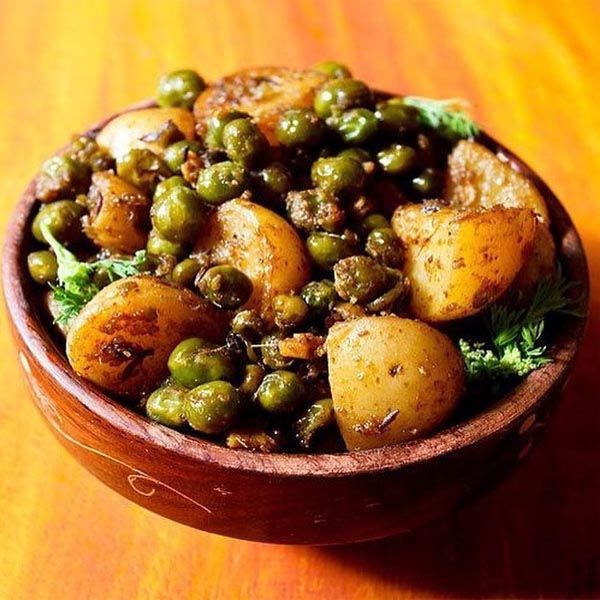 Some of the developmental milestones babies need to reach in order to start solids include: if your baby has solid control of their head and neck, if your baby has doubled in weight, and if your baby is reaching for or opening their mouth when you eat (see my guide here). Before you start your baby on purees, you should consult with your pediatrician to make sure your child is developmentally ready.
Some of the developmental milestones babies need to reach in order to start solids include: if your baby has solid control of their head and neck, if your baby has doubled in weight, and if your baby is reaching for or opening their mouth when you eat (see my guide here). Before you start your baby on purees, you should consult with your pediatrician to make sure your child is developmentally ready.
Can peas be baby’s first food?
Peas can 100% be baby’s first food if you want it to be. It is recommended to wait to introduce the top eight allergen foods to your baby once a few other well-tolerated foods have been introduced, but otherwise, foods can be introduced in any order so choose whatever you are most excited for your baby to have.
Are peas a common allergen for baby?
No, peas are not a common allergen, however, as with any food, start with a small portion and be aware of any signs that might be an allergic reaction after introducing it.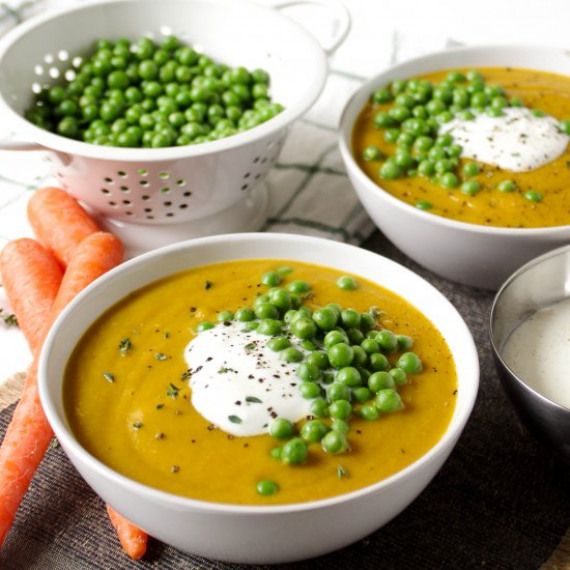
Do peas cause constipation for babies?
No, peas are not known to cause constipation in babies, and they may actually help relieve constipation in babies due to the high fiber content that makes it easier for your baby to pass stools.
Can you use frozen peas for baby food?
Yes, you can definitely use frozen peas in baby food! For this recipe, I added the frozen peas straight into the steamer basket to cook along with the zucchini. You can also freeze the peas once they are cooked and pureed.
How to Make Pea Baby Puree- Bring Water To Boil: Bring a saucepan with a little water to a boil.
- Steam Zucchini: Add chopped zucchini (optional) to a steamer basket, cover, and steam for 5 minutes.
- Steam Peas: Add the peas (fresh or frozen) and steam for another 3-5 minutes.
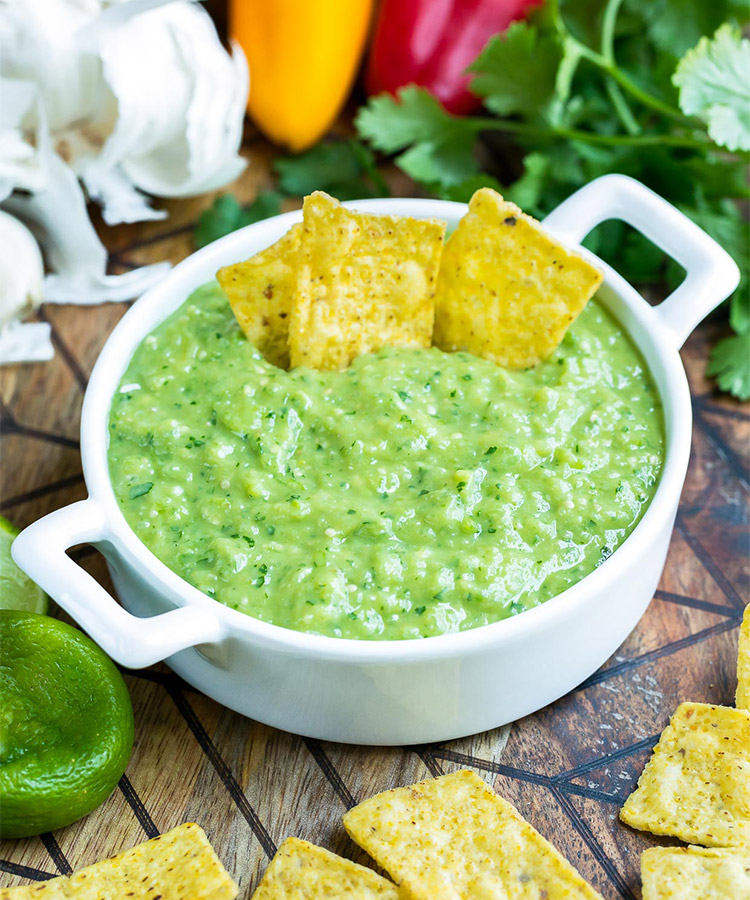
- Let Cool: Let it cool slightly and reserve the steamer water.
- Transfer to Blender: Transfer the cooked peas and zucchini to the blender or food processor.
- Add Mint: Add in the chopped mint or another spice.
- Puree: Puree until smooth or creamy, adding reserved water if needed to thin out the puree.
- Serve or Freeze.
- Medium Saucepan
- Steamer Basket
- Blender or Food Processor
- Freezer Tray
- Storage Containers for Fridge
- highchair
- suction bowl or baby bowl
- baby spoon
- open lid cup
- bib with catch pocket
While I love the fresh flavor of steamed peas with mint, there are several ways you can cook peas for baby food.
BEABA BabycookDoes anything sound better than a homemade baby food puree with a 15-second hands-on prep and cook time? I didn’t think so.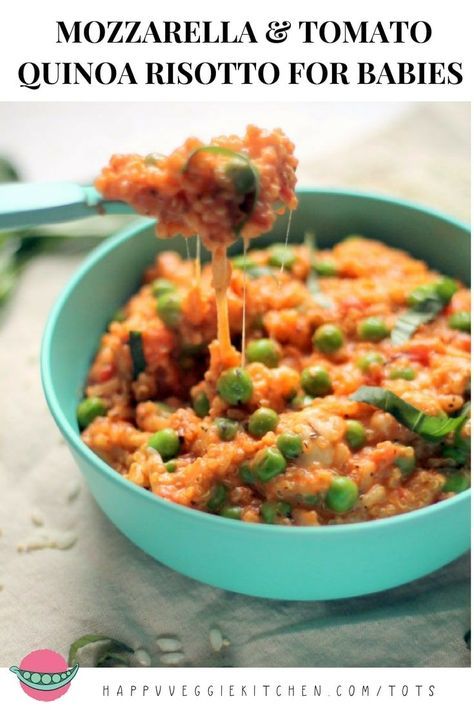 Let me introduce you to the magic of the BEABA Babycook! With the touch of a button, the Babycook will cook and blend the peas into a smooth and creamy baby food puree! It’s like magic. To make, place 2 cups of peas into the stainless steel steamer basket, and place the basket into the glass container, closing the lid. Fill the reservoir tank to a level 3, close and lock the lid. Hit the steam button and let the machine do its magic. Once steamed, transfer the peas into the glass container, leaving the water. Add in a pinch of fresh mint, if using. Close the lid, and hit the blend button for 1 minute or until the puree is smooth.
Let me introduce you to the magic of the BEABA Babycook! With the touch of a button, the Babycook will cook and blend the peas into a smooth and creamy baby food puree! It’s like magic. To make, place 2 cups of peas into the stainless steel steamer basket, and place the basket into the glass container, closing the lid. Fill the reservoir tank to a level 3, close and lock the lid. Hit the steam button and let the machine do its magic. Once steamed, transfer the peas into the glass container, leaving the water. Add in a pinch of fresh mint, if using. Close the lid, and hit the blend button for 1 minute or until the puree is smooth.
Full Review: read my full, in-depth and honest review of the BEABA Babycook Neo here! Make sure to grab 15% off your Babycook with code (BabyFoode15)!
SkilletIn a medium skillet, add 2 cups of frozen peas. Cook over medium heat for 5-7 minutes, stirring often. Puree in a blender as directed below.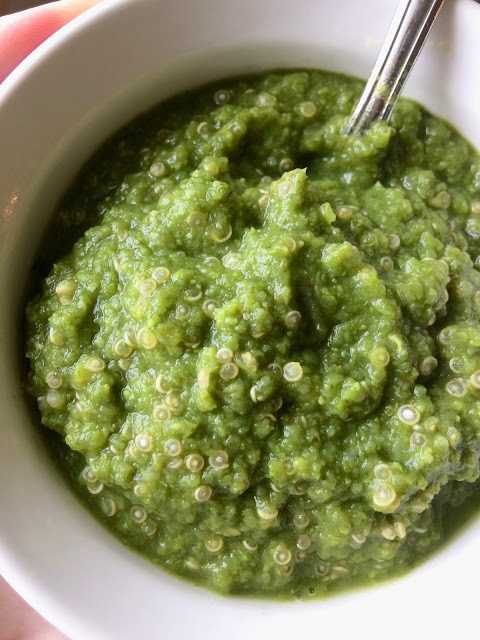
Place 2 cups of peas into a medium saucepan, add enough water to cover the peas, and bring to a boil. Reduce to simmer and cook for 8-10 minutes or until tender. Puree in a blender as directed below. Note that boiling will rid the peas of some nutrients as they are leached into the boiling water, so steaming or using a skillet is preferred. If you need liquid to thin out the puree, use some of the leftover water.
Great Pea Combination PureesWhile this pea puree is delicious and satisfying by itself, it’s also easy to mix and match with other nutrient-dense baby food purees. So give these fun flavor combos a try!
- Apples
- Broccoli
- Bananas
- Pears
- Quinoa Baby Cereal
- Fennel and Peaches
- Green Beans
- Chicken
- Spinach
- Soft Tofu
- Mango
- Yogurt
WeeSprout Silicone Baby Food Freezer Tray
Our favorite freezer storage container for baby food! Made of 100% food-grade silicone and comes with a hard clip-on lid.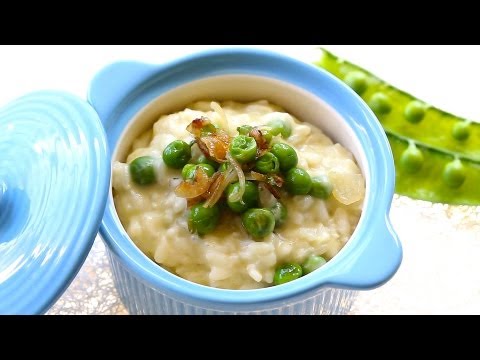 Large 3oz sections with 2oz markings to make sure you have the right amount for your baby.
Large 3oz sections with 2oz markings to make sure you have the right amount for your baby.
View Product
Adding SpicesWhile the most popular option is adding mint to baby food, you can also add a splash of lemon or lime juice, 1/2 tsp coconut oil, 1 tsp chopped basil, 1 tsp chopped parsley, or 1/4 tsp fresh ginger.
Tip on Spices: I always add spices or herbs to my baby food purees, but you can choose to leave them out in all of your baby food. You do you! Either way, this puree will surely taste amazing.
How to Store Pea Baby FoodRefridgeratorYou can store this puree in an airtight container in the fridge for 3-4 days.
FreezerThis puree can be frozen for up to 4 months.
- Spoon puree into a freezer storage container. Do not overfill.
- Place the lid on the storage container or cover with a piece of saran wrap, and label with the date and recipe name.
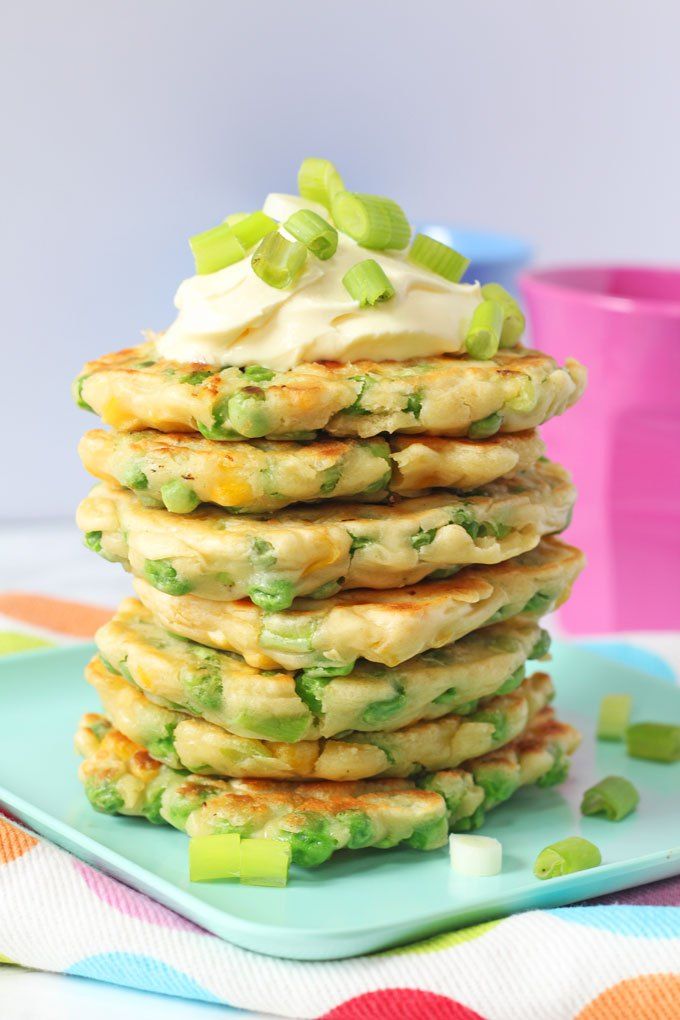
- Place the tray into the freezer and let it freeze completely — preferably overnight.
- Pop-out the baby food cubes and place them in a ziplock baggie or stasher bag. Don’t forget to relabel the baggie or stasher bag for future reference.
Need more information on how to store your baby foods? Head over to my Best Baby Food Storage Containers – Plus 6 Tips on Freezing and Thawing post!
Related
15 Stage One Baby Food Purees
Feeding Tips
- Follow your baby’s lead – when feeding purees from a spoon, sometimes there’s a tendency to keep offering bites past the point of your baby being full. Always follow baby’s cues for when they are done eating. Turning away from the spoon, closing her mouth, or pushing food away are all signs that baby is finished with the meal.
- Try adding a little seasoning or spice to purees – babies like flavor! Or consider changing the temperature of purees from time to time, to slightly warmed or slightly chilled.
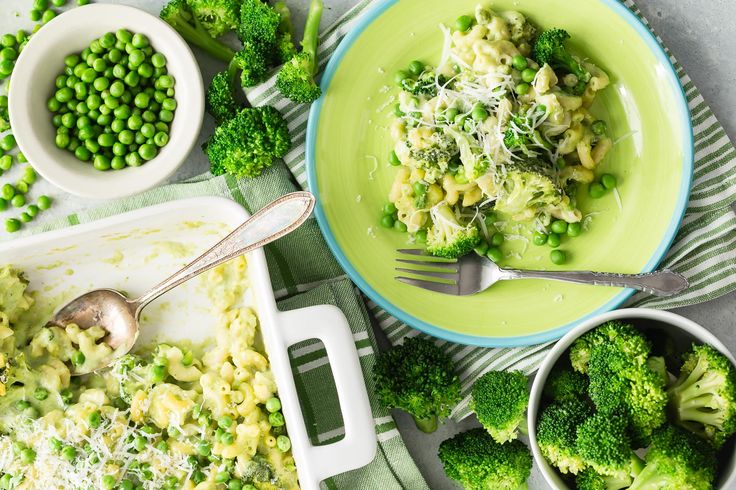 Varying these aspects adds to the sensory experience!
Varying these aspects adds to the sensory experience! - Place a small amount of puree on the tray during spoon feeding, so that your baby can dip their fingers or hands in the puree. Allowing baby to explore foods in this way helps them learn to self-feed and can help them be more willing to try new textures and foods in the future.
Or watch a shortened version of this video here.
- 2 cups peas, fresh or frozen
- 1/2 cup zucchini, roughly chopped (optional)
- 4 mint leaves, roughly chopped (optional)
Steam: In a medium saucepan, bring 2″ of water to a boil over medium heat. Place the zucchini in a steamer basket, and place over boiling water.
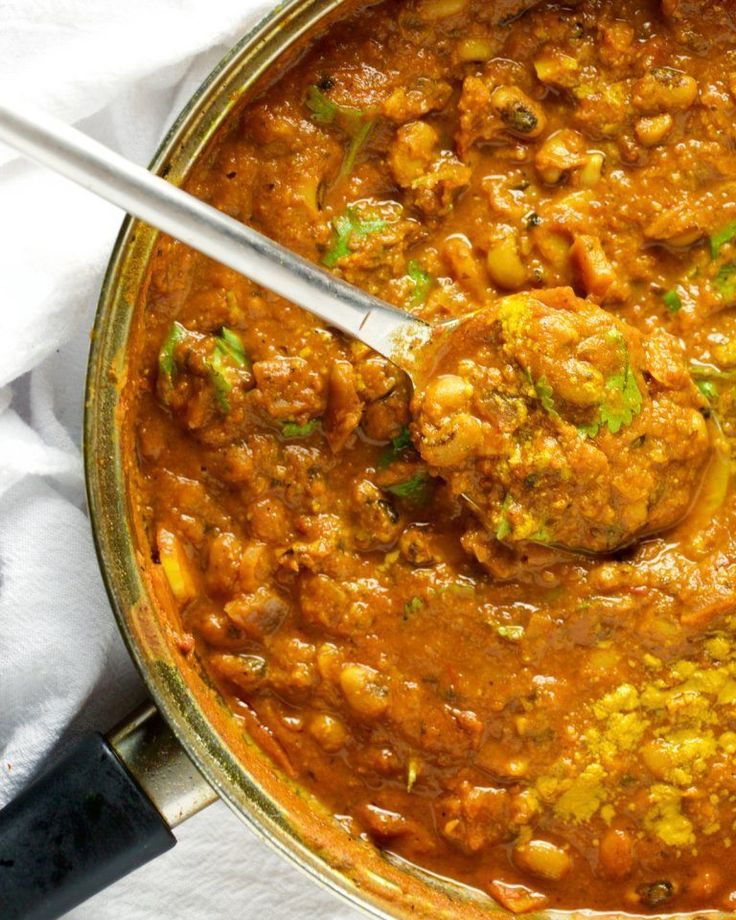 Cover and steam for 5 minutes.
Cover and steam for 5 minutes.Add Peas: Add in the peas, and steam for an additional 3-5 minutes. Reserve steamer water. Let cool slightly.
Blend: Add the zucchini, peas and mint leaves to a blender or food processor and puree for 1 minute or until you have achieved the desired texture. If the puree is too thick, add in 1/4 cup of the reserved steamer water until you have the right consistency.
Serve: let cool and serve to your baby or freeze for a later meal.
Age: 4-6 months and up
Yield: 15 ounces
Note on Zucchini: while this is a 2 vegetable starter puree, zucchini allergies are very low, so I added it to this recipe to give the peas a mild taste and smoother texture.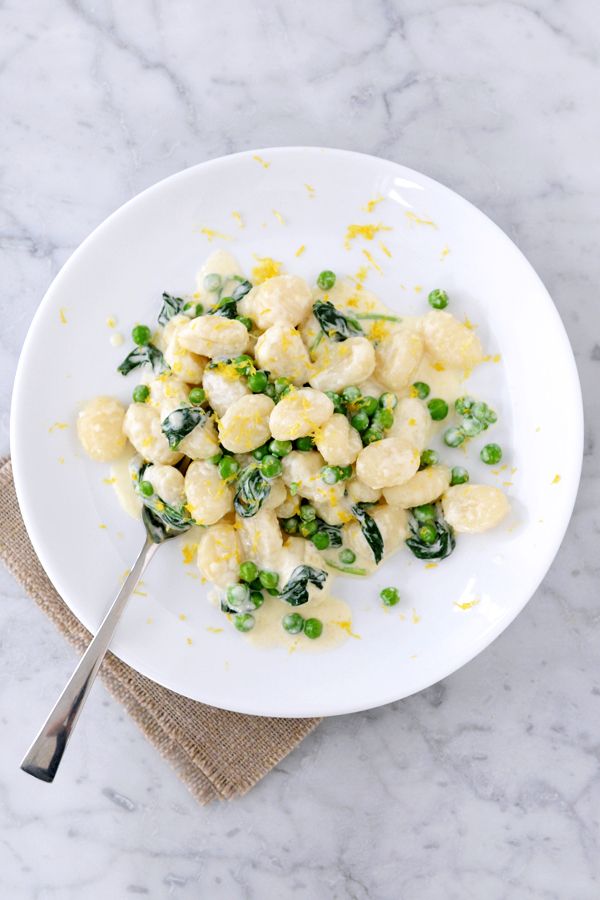 You can completely leave them out if you prefer. Just steam the peas as directed.
You can completely leave them out if you prefer. Just steam the peas as directed.
Additional Spices: instead of the mint, feel free to use a splash of lemon or lime juice, 1/2 tsp coconut oil, 1 tsp chopped basil, 1 tsp chopped parsley or 1/4 tsp fresh ginger.
Storage: Fridge – store in an airtight container in the fridge for up to 4 days. Freezer – can be frozen for up to 4 months.
Blender
Freezer Tray
Saucepan
Tripp Trapp High Chair
Bumkins Baby Bowl
Serving: 1ounce, Calories: 15kcal, Carbohydrates: 2.9g, Protein: 1.1g, Fat: 0.1g, Sodium: 1mg, Potassium: 57mg, Fiber: 1g, Sugar: 1.2g, Calcium: 5mg
Did you make this recipe?
Tag @babyfoode on Instagram and hashtag it #babyfoode!
Pin Recipe Email a Friend
Easiest Pea Puree (A Simple Side or Baby Food)
byAmy Palanjian
Updated
Jump to RecipeThis post may contain affiliate links.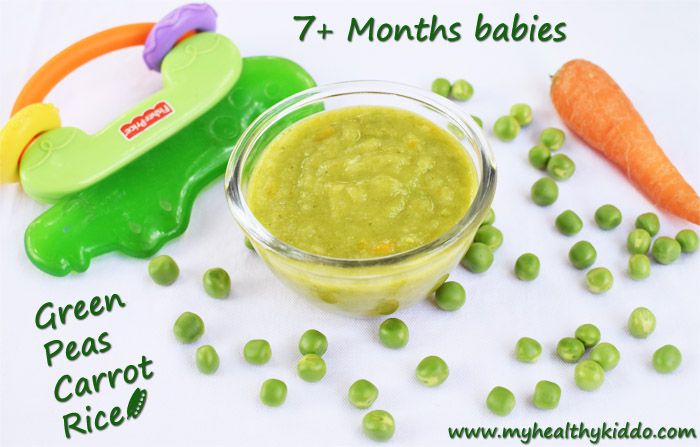 If you shop from one of our links, we may earn a commission.
If you shop from one of our links, we may earn a commission.
This super simple Pea Puree is so fresh and delicious. It’s an easy baby food or side dish that you can add flavor to as desired. Plus, find ideas for other purees to combine it with, storage tips, and freezing info.
Pea Puree
Turning frozen peas into simple, fresh puree is one of the first foods I made for my kids. It’s so easy, freezes really well, and combines well with other baby foods too.
Plus, you don’t need any fancy cooking skills to pull this off—just a bag of frozen peas and a blender!
This recipe has a very straight forward method and is very quick to make. It’s perfect if you want to make a few servings of baby food at once to have on hand for the coming days or even to send to daycare.
You can also use it as a side dish for the whole family too, either plain or with some of the flavor additions.
TIP: I’m all about keeping things fuss-free when feeding babies and making vegetables for kids.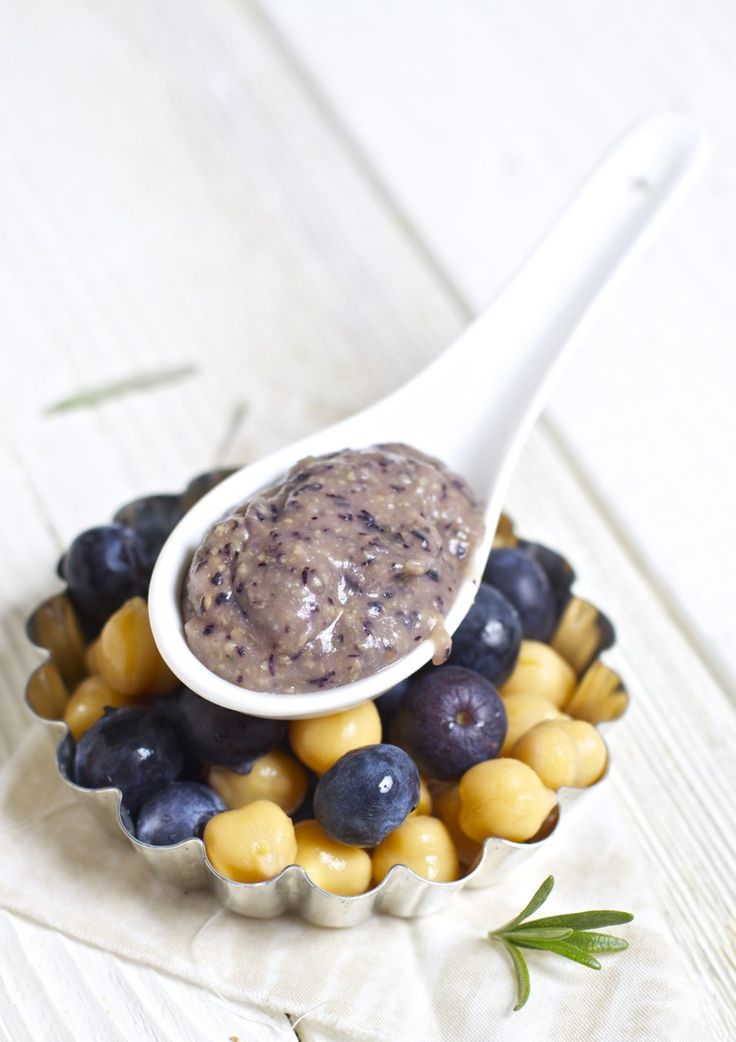 Here’s a baby food chart that might help you get more ideas too.
Here’s a baby food chart that might help you get more ideas too.
Ingredients You Need
To make this recipe you just need…peas! I use frozen peas—organic or regular, depending on what I can find at a good at my local stores. The puree will taste best with peas that are naturally sweet and not crazy starchy, so if you have a brand you prefer eating yourself as whole peas, use that one.
(There’s a surprising variety of flavor when it comes to frozen peas!)
TIP: “Petite” peas tend to be sweeter and more tender, so if you see those, I’d recommend them.
Step-by-Step Instructions
Here’s a look at the basic process involved in making this puree. Scroll down to the bottom of the post for the full information.
- Measure out your frozen peas. (I use two cups since that’s a good amount for my blender.)
- Add to a pot with water and bring to a boil.
- Drain.
- Blend!
TIP: You can add avocado, butter, or olive oil to add healthy fats and flavor to the pea puree.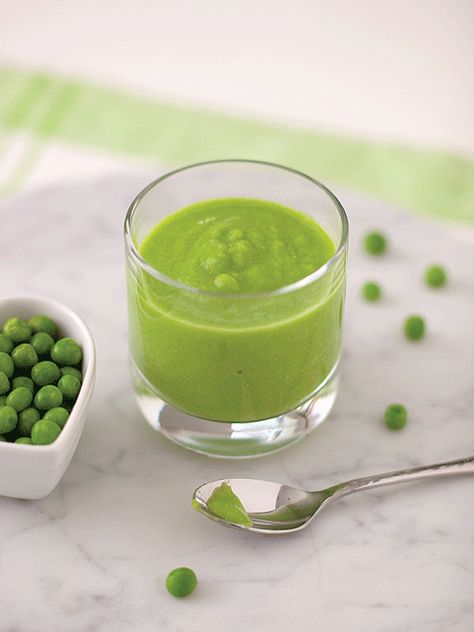
Baby Food Storage Tips
I like to use these small airtight containers from Wean Green. The serving size that is right for your baby may vary according to their age and appetite, so you may have to adjust once you see how baby likes this.
You can store this pea puree for baby in the fridge or freezer.
Best Tips for Success
- Use organic peas if desired.
- Add 2 tablespoons avocado, 1 teaspoon olive oil, or 1 teaspoon butter to add healthy fats and flavor.
- Combine with whole milk plain yogurt for a simple baby snack.
- Combine with Applesauce or Banana Puree and serve in a baby food reusable pouch.
- Use reduced sodium vegetable or chicken stock and add a little Parmesan to make this as a simple side for the whole family.
- Store in small airtight containers in the fridge for 3-5 days. Serve cold or slightly warm.
- Freeze in a silicone ice cube tray overnight. Transfer to a freezer bag, remove as much air as possible, and freeze for up to 6 months.
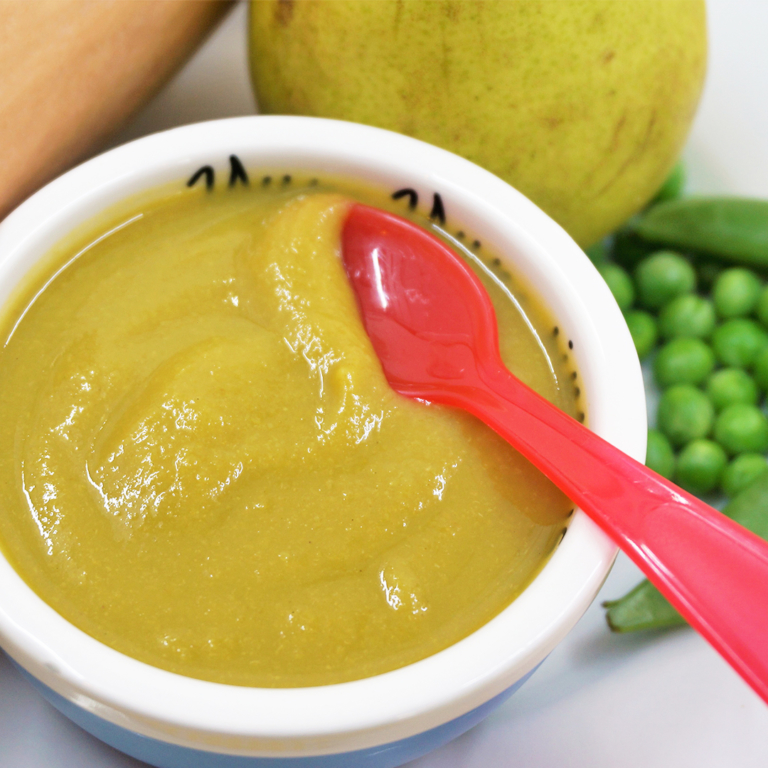 Thaw overnight in the fridge or at room temperature.
Thaw overnight in the fridge or at room temperature. - Find my best tips on freezing baby food here.
- Find easy No-Cook Baby Food Recipes here, my Broccoli Puree and easy Carrot Puree.
I’d love to hear your feedback on this recipe, so please comment below to share!
This post was first published September 2020.
Prep Time 2 minutes
Cook Time 5 minutes
Total Time 7 minutes
Author Amy Palanjian
Cuisine American
Course Baby Food
Calories 39kcal
Servings 6
- ▢ 2 cups frozen peas
Add the peas to a medium pot and cover with about an inch of water.
Place on the stove over high heat. Bring to a boil, then remove from heat.
Drain in a colander.
Add to a blender and blend smooth, adding 1/4-½ cup water (or sodium-free broth) to create a smooth baby food puree. (Less liquid will create a thicker puree, more liquid will create a thinner one.
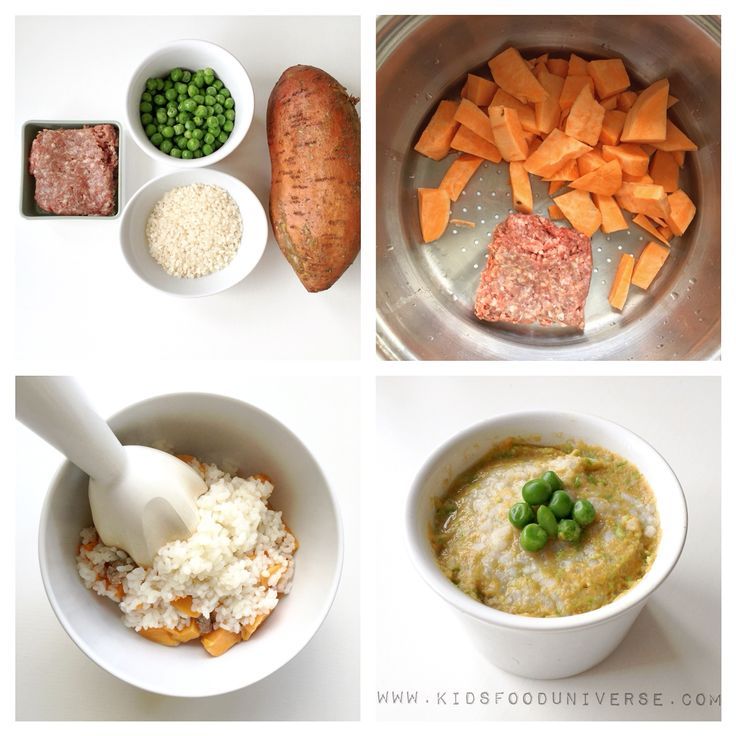 )
)Serve or store for future meals.
Vitamix Blender
Silicone Ice Cube Tray
Storage Containers
- Use organic peas if desired.
- Add 2 tablespoons avocado, 1 teaspoon olive oil, or 1 teaspoon butter to add healthy fats and flavor.
- Combine with whole milk plain yogurt for a simple baby snack.
- Combine with Applesauce or Banana Puree and serve in a baby food reusable pouch.
- Store in small airtight containers in the fridge for 3-5 days. Serve cold or slightly warm.
- Freeze in a silicone ice cube tray overnight. Transfer to a freezer bag, remove as much air as possible, and freeze for up to 6 months. Thaw overnight in the fridge or at room temperature.
- Use reduced sodium vegetable or chicken stock and add a little Parmesan to make this as a simple side for the whole family.
Calories: 39kcal, Carbohydrates: 7g, Protein: 3g, Fat: 1g, Saturated Fat: 1g, Polyunsaturated Fat: 1g, Monounsaturated Fat: 1g, Sodium: 2mg, Potassium: 118mg, Fiber: 2g, Sugar: 3g, Vitamin A: 370IU, Vitamin C: 19mg, Calcium: 12mg, Iron: 1mg
Tried this recipe?Rate in the comments and tag @yummytoddlerfood on IG!
Related Posts
Related Products
Happy Family Meals (Meal Plans)
Buy Now
Happy Family Meals (Vol 2)
Buy Now
Yummy Toddler Snacks
Buy Now
Yummy Baby Food
Buy Now
Share it with the world
FacebookTweetPinFiled Under
Fresh green pea puree recipes for baby food
Green peas in baby food are not the most frequent visitor.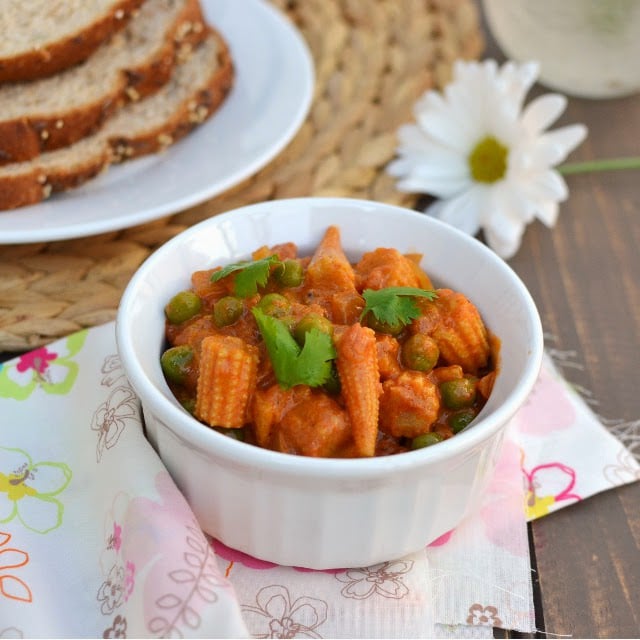 But in vain, because it is a source of protein, vitamins and fiber. Parents may doubt whether it is possible to introduce green peas into complementary foods for a child? We will tell you when to introduce green peas to complementary foods and how to make mashed fresh peas for babies.
But in vain, because it is a source of protein, vitamins and fiber. Parents may doubt whether it is possible to introduce green peas into complementary foods for a child? We will tell you when to introduce green peas to complementary foods and how to make mashed fresh peas for babies.
In terms of protein content, green peas are comparable to beef, while they are well absorbed. It also contains a large amount of vitamin C and selenium, and it is recommended to introduce it into the children's diet to prevent anemia. So when can you introduce green peas to baby food?
Read also: from at what age you can give children tomatoes
months. It is from this age that the baby's pancreas already begins to produce the enzymes necessary for the digestion of foods such as peas.
Until this time, the child's gastrointestinal tract is not yet ready to digest green peas. With the early introduction of green peas into complementary foods, every time you give it to your child, the baby’s gastrointestinal tract will react with gas formation, flatulence, and constipation.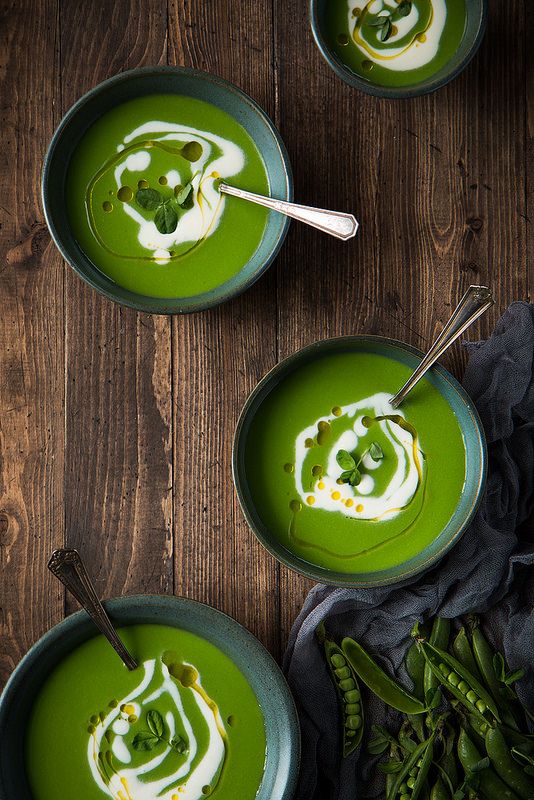 This is due to the fact that the necessary enzymes will not have time to be synthesized in the right amount at the right time.
This is due to the fact that the necessary enzymes will not have time to be synthesized in the right amount at the right time.
The first bean dish for babies is mashed green peas. It has a delicate texture and is completely hypoallergenic, so fresh green pea puree can be given even to children with a predisposition to allergies.
Green pea puree contains pectin (a natural prebiotic) and vegetable fibers that contribute to the normalization of intestinal and stool microflora.
Raw green peas can be given to a child only after 1-1.5 years, when he has already learned to chew thoroughly.
Read also: When can you give your child bell peppers
Puree from fresh green peas (Recipe)
baby food, then:
- Soak pea pods in water for 5-7 minutes.
- Then puree the green peas in a blender.
First, give your baby 5 g green pea puree (approximately 1 teaspoon).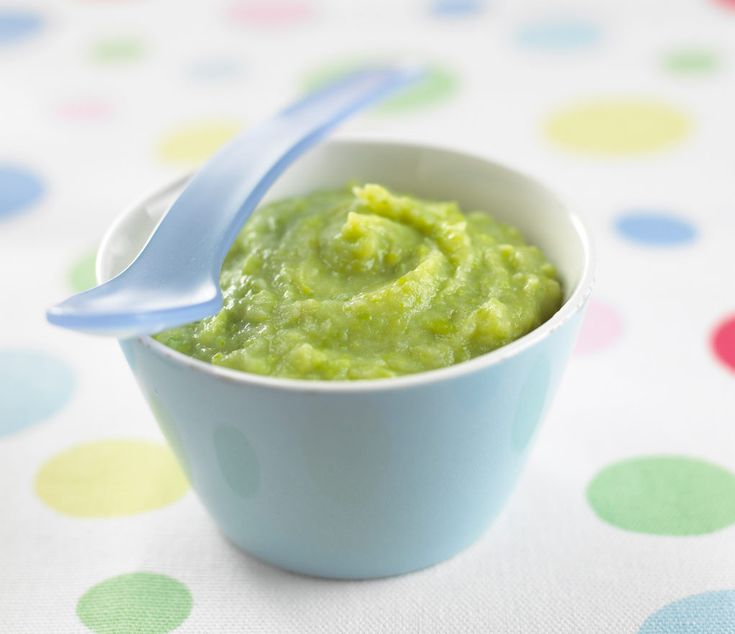
If well tolerated, you can increase the dose by 5 g every 3 days.
The maximum dose for an 8-month-old child is 30-50 g.
Green Pea, Spinach and Apple Puree Recipe
Ingredients: Apple + Spinach + Green Peas
You will need:
- 2 apples;
- 1/4 cup spinach;
- 1/4 cup fresh or frozen green peas.
Preparation:
- Peel and cut apples.
- Place all ingredients in a steamer (or a pot over boiling water), cover and cook for 10 minutes.
- Let cool. Transfer all ingredients to a blender and puree for 30 seconds or until smooth, adding water from the double boiler (1/4 cup) if needed.
Puree can be stored for 4 days in the refrigerator or 4 months in the freezer.
puree made of green peas, fennel and peach (recipe)
Recipe for puree made of green peas, fennel and peach
Ingredients: Fennel + green peas
9000 9000